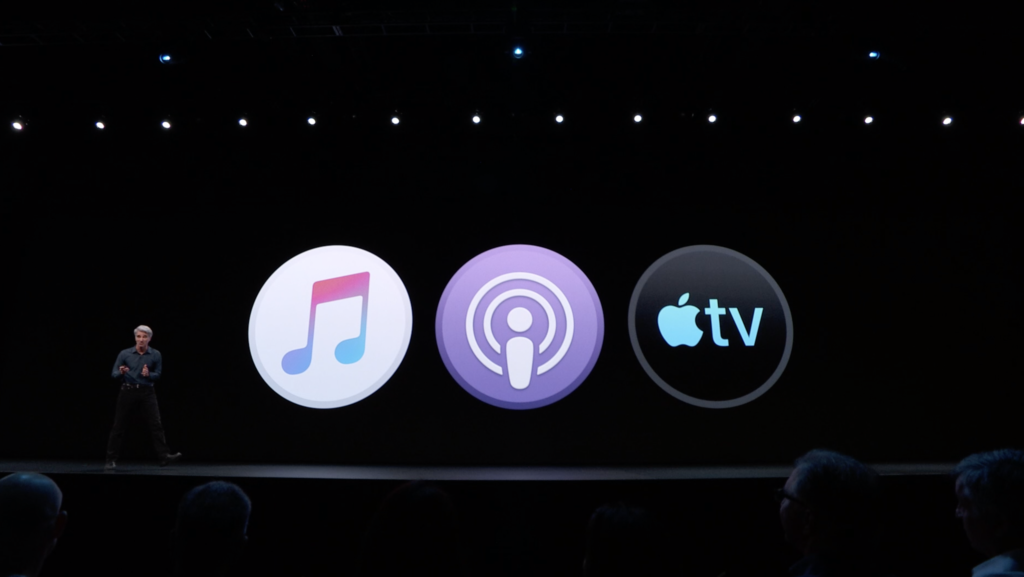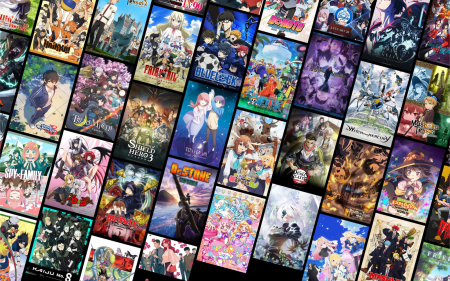Apple’s recent Spring Loaded event produced some totally expected M1-powered tabs, some unexpected M1-powered desktop slabs, and some tracking tags. One of the more interesting announcements, however, came from the mouth of Apple’s Tim Cook. He mentioned the introduction of subscription options for podcasters on Apple Podcasts.
Podcasts users will be able to pay their favourite creators directly in support of their content. Subscription amounts aren’t set, so users can decide how much they want to drop on subs every month. While this sounds like a win for content creators focusing on audio right now, Apple’s gonna Apple. The company plans to siphon 30% of the subscription money off the top.
Apple Tax making a move on podcasts
The Verge details Apple’s terms neatly, saying “It appears that content creators will have to pay Apple $19.99 per year in order to offer subscriptions, and Apple will take 30 percent of revenue for the first year of a subscriber’s lifetime and 15 percent for the years following. This means that if a subscriber only subscribes for one year, a podcaster will have given Apple 30 percent of that revenue.”
Looks like Apple will keep 30% of your private podcast revenue + the $19.99/year in the first year. Moving to 15% of subscribers in year 2+ — according to their terms. pic.twitter.com/8IJaWGWuVE
— Matt Medeiros🎙 (@mattmedeiros) April 20, 2021
Part of the problem is that podcasting is still finding its foot in the content creation industry. It’s a format that’s seen a massive surge in creators, but not so much in funding. However, thanks to big players in the tech industry like Spotify, Apple and YouTube (or Google), podcasting is set to become a $1 billion industry in 2021 (via Business Insider).
Of course, Apple’s move comes on the back of massive fallout between Fortnite publisher Epic Games and Apple. The game studio famously tried to circumvent Apple’s 30% ‘Apple Tax’ on its app store by directing players to a third-party site to buy in-game currency. This opened a much-needed conversation around Apple’s skimming.
The tech corporation has every right to allocate some funds toward the development of its products and services. It just becomes questionable when it’s taking money directly from small businesses, freelancers or content creators.




